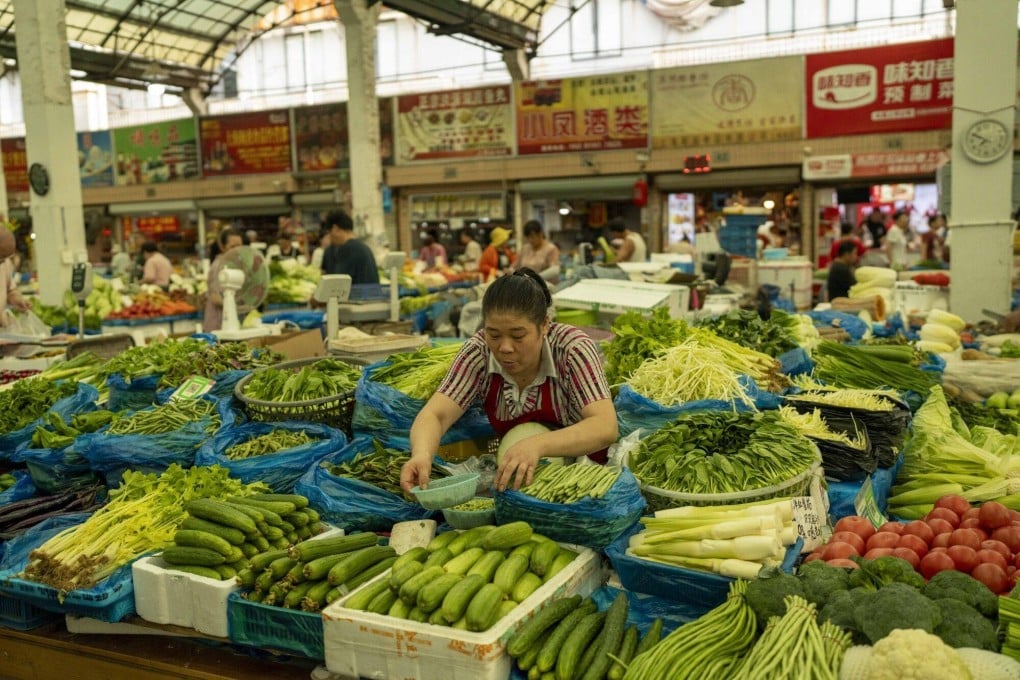China inflation: no risk of deflationary spiral, but vigilance and caution needed at crucial juncture to avoid Japanification
- China’s consumer prices fell for the first time since 2021 in July, adding to deflation concerns, although factory-gate contraction narrowed last month
- Beijing denies it has entered a period of deflation, but analysts warn the situation must be handled correctly to avoid imitating Japan’s so-called lost-decade

China’s first drop in consumer inflation for more than two years has given Beijing the daunting task of fending off chronic deflationary pressure, testing its toolbox to avoid imitating Japan’s so-called lost-decade.
The consumer price Index (CPI) falling by 0.3 per cent from a year earlier follows a slew of disappointing economic indicators, with Beijing already balancing lacklustre domestic demand and mitigating against risks in the financial sector as well as local government debt.
A 1.7 per cent drop in food prices, year on year, was the major contributor to the headline inflation’s first fall since early 2021, while services prices rose by 1.2 per cent to the highest level in 17 months, indicating an uneven post-reopening economic recovery.
China’s producer price index (PPI), which reflects the prices that factories charge wholesalers for products, fell for the 10th month in a row after dropping by 4.4 per cent in July compared to a year earlier.